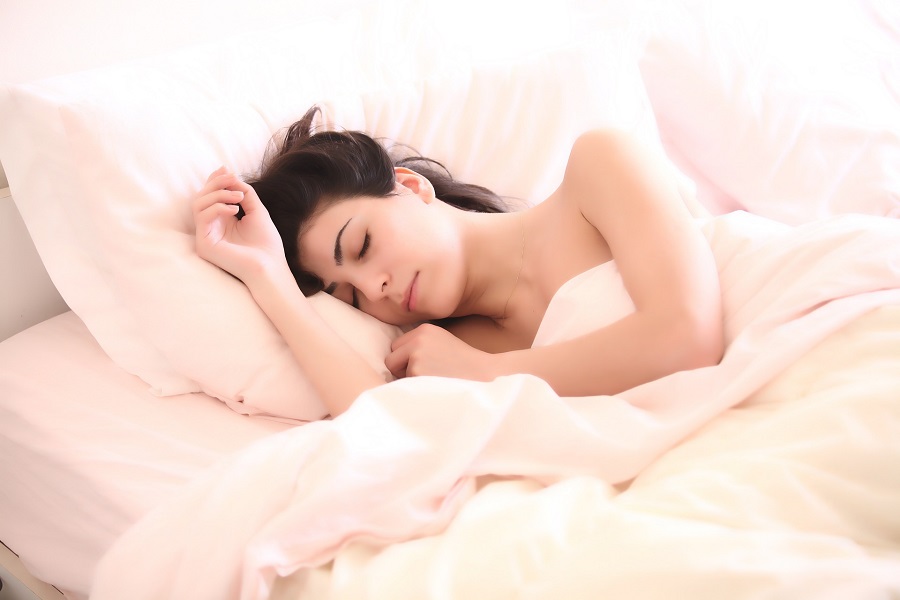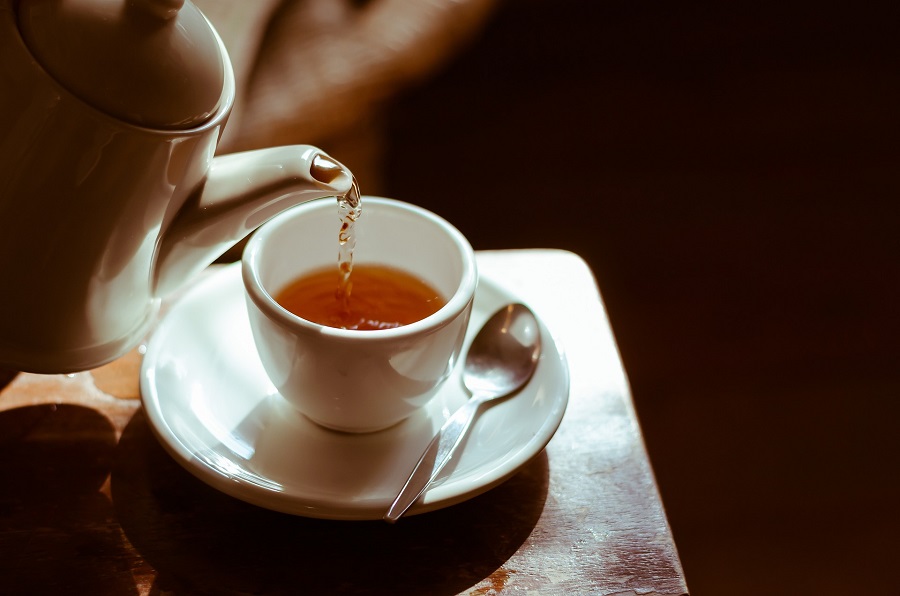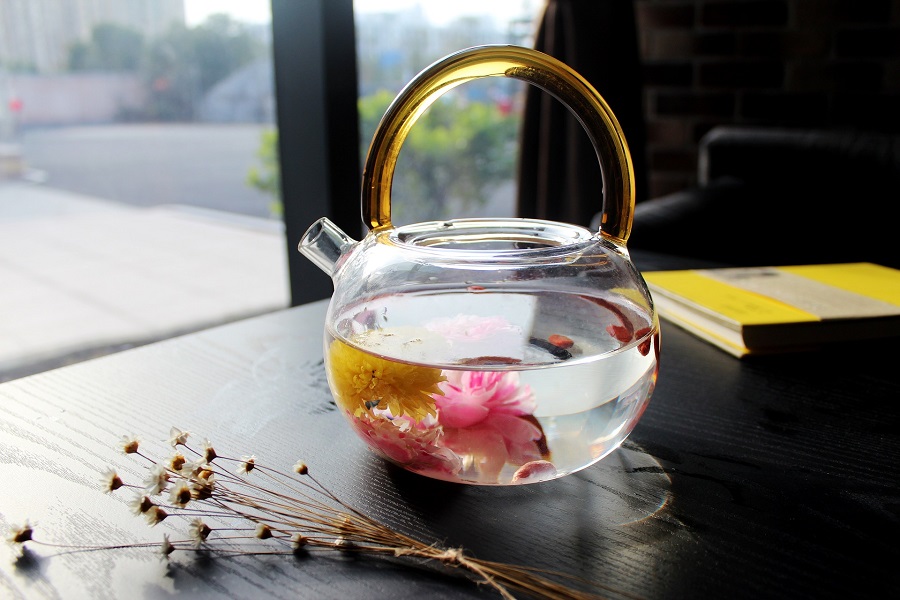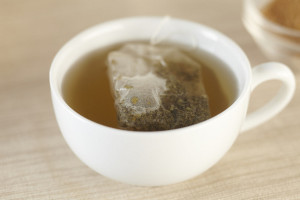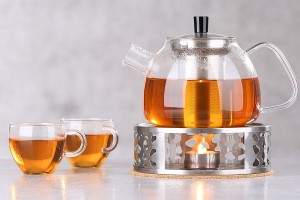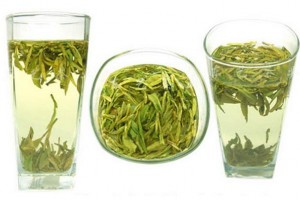Is it OK to eat more during your period?
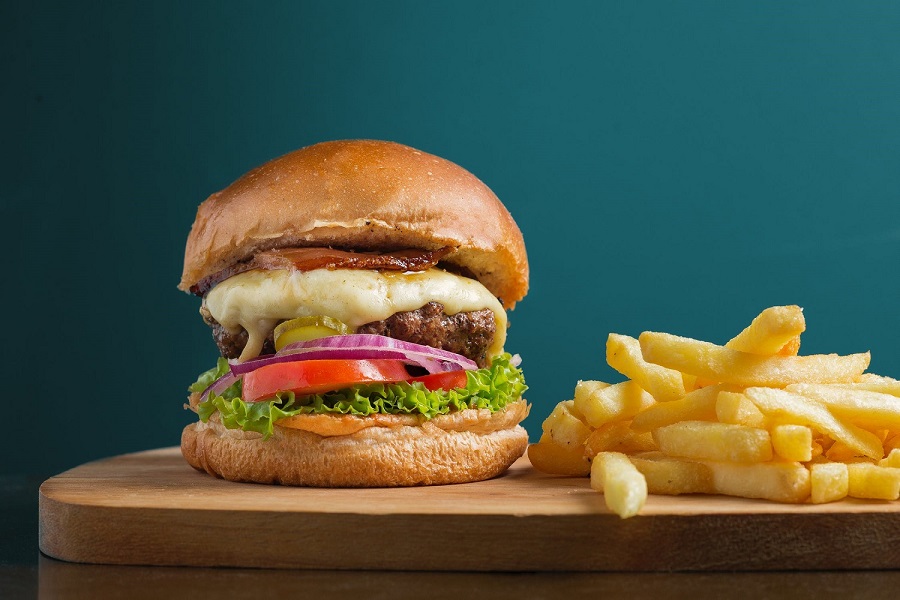
Women in the period may be especially craving for food. Most individuals have uncomfortable symptoms during the period, such as fatigue, headaches, and breast tenderness. Having French fries and chocolate will relieve the symptoms more or less and make you feel better. Should you feel guilty for giving in to the cravings? Actually, it is completely OK to eat more during your period. Let’s explain why.
- Your hormone levels change when menstruating
There are two main phases that are closely connected to menstruation: the follicular phase and the luteal phase. When you are circulating between them, your hormone levels like estrogen and progesterone will fluctuate and affect your hunger levels accordingly.
- You need more calories during the period
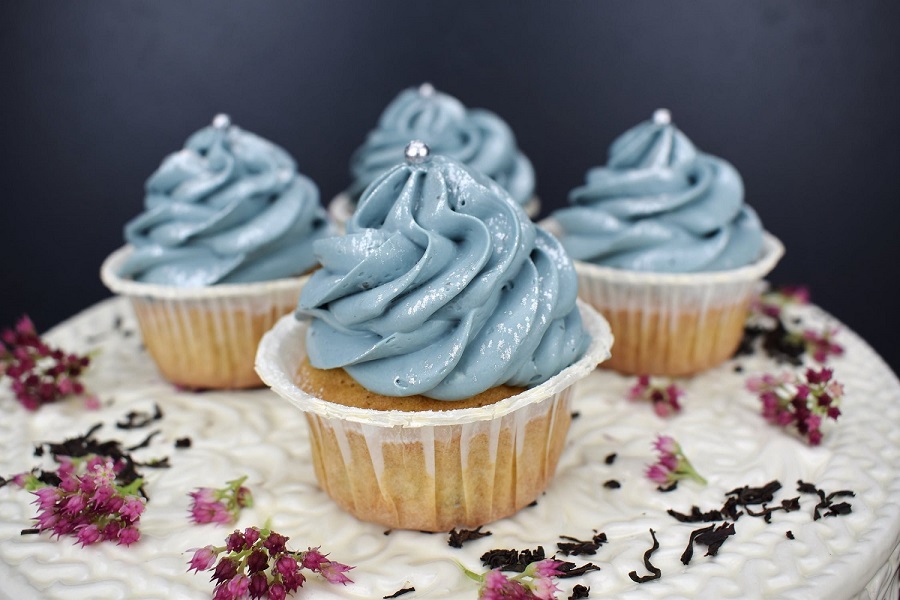
The truth is that weeks prior to menstruation, your basal metabolic rate may be reaching the peak. That is to say, you will burn more calories a day than any other time of the month. When the period finally comes, your metabolism will return back to normal and you’ll feel more craving for food to fuel your body.
- Your blood sugar level gets lower
Menstruation also lowers your blood sugar levels. Because of this, women are more responsive to insulin, the hormone regulating the glucose in the blood. And this can explain why your cravings for chocolate and sugar during the period are especially intense.
- What to eat and what to avoid during the period
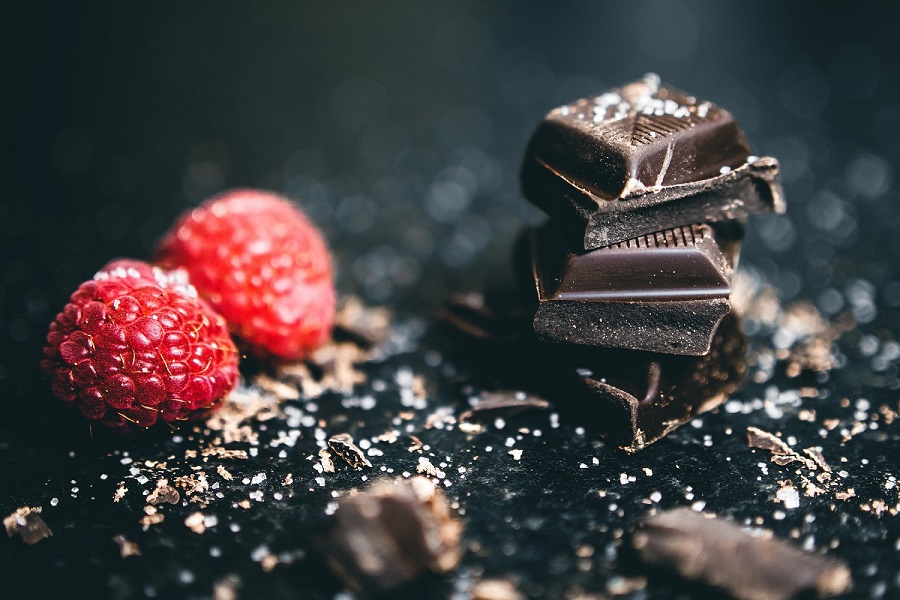
It’s perfectly OK to eat more during the period, but do take care of your nutritional balance. Vegetables, fruits, and foods rich in omega-3 fatty acids like salmon, tuna, and yogurt are great replenishment to help reduce menstrual pain. Because menstruation takes away your blood and the iron as well, you also need to eat more food that is high in iron, including oysters, sardines, tofu, spinach, and dark chocolate.
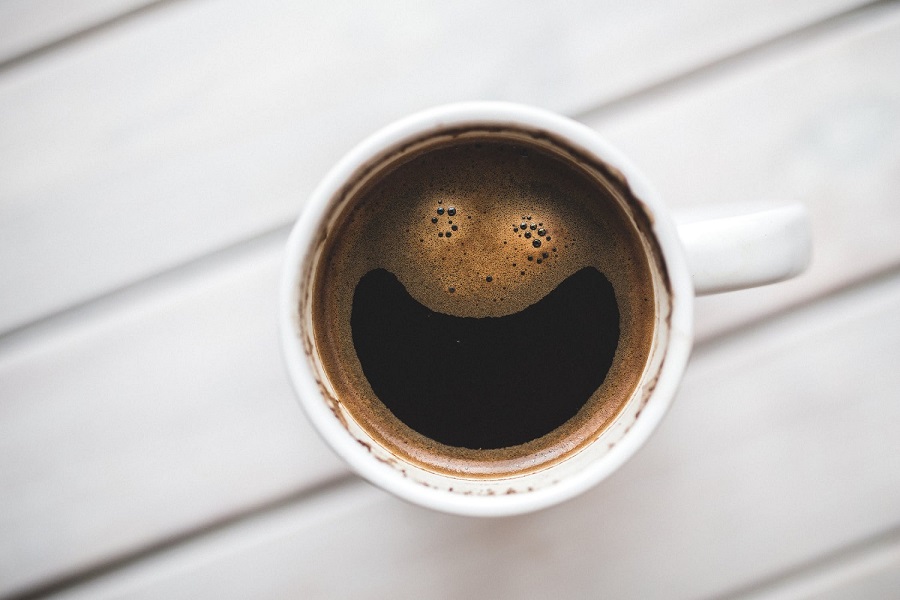
On the other hand, some food may worsen the symptoms of your period. Excessive salt will cause bloating, so avoid highly processed foods that contain a lot of sodium. Sugar is OK in moderation, but too much of it will lead to a spike in blood sugar and leave you feeling tired shortly after. Moreover, if you like drinking coffee in daily life, reduce coffee intake on your period, as caffeine may cause water retention, bloating, and even headaches. But since caffeine withdrawal can also lead to headaches, don’t drop coffee completely if you are heavy coffee drinkers.
Read More:







